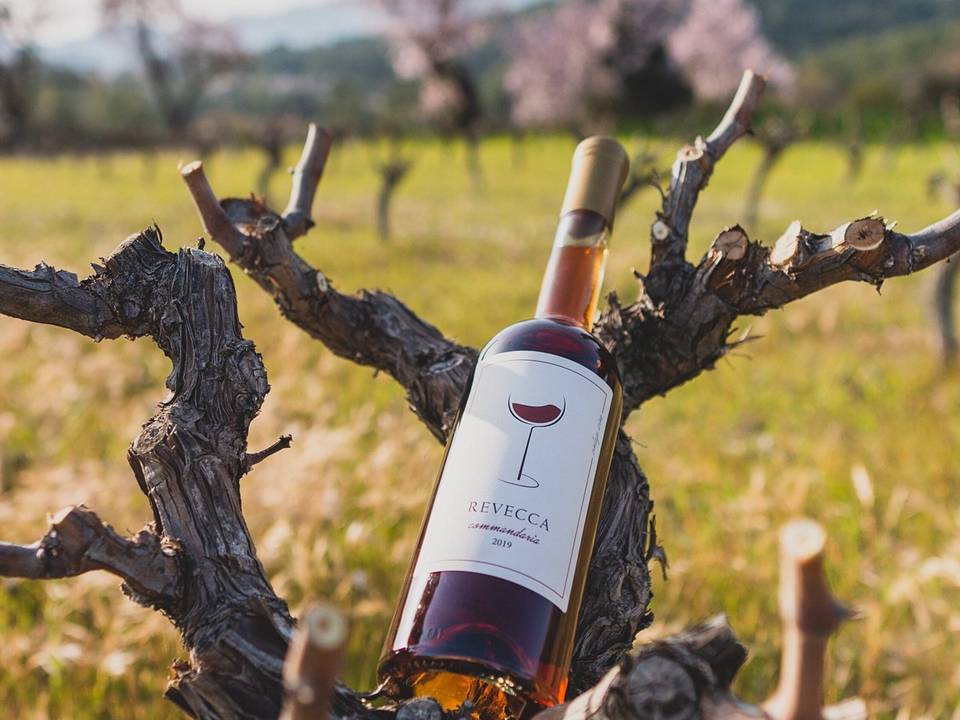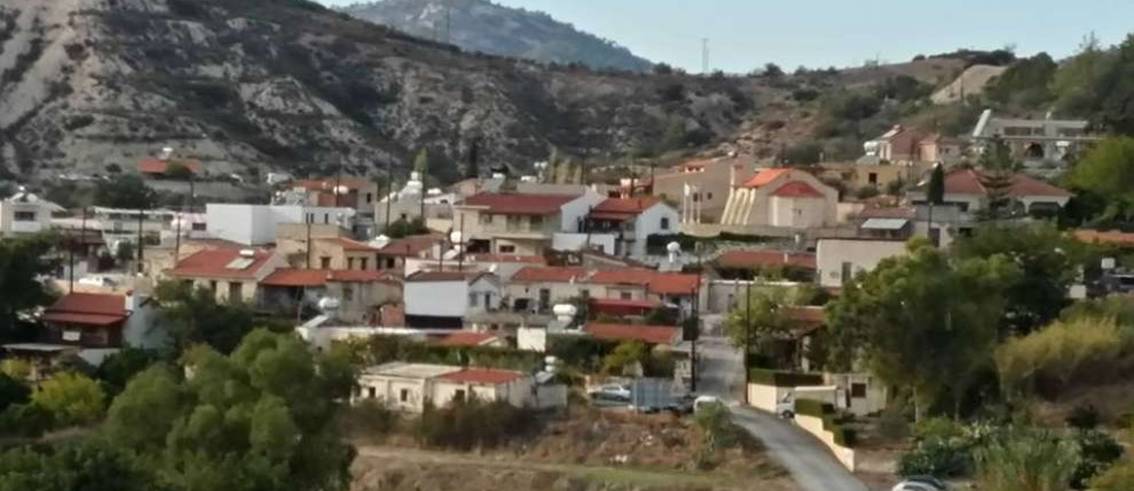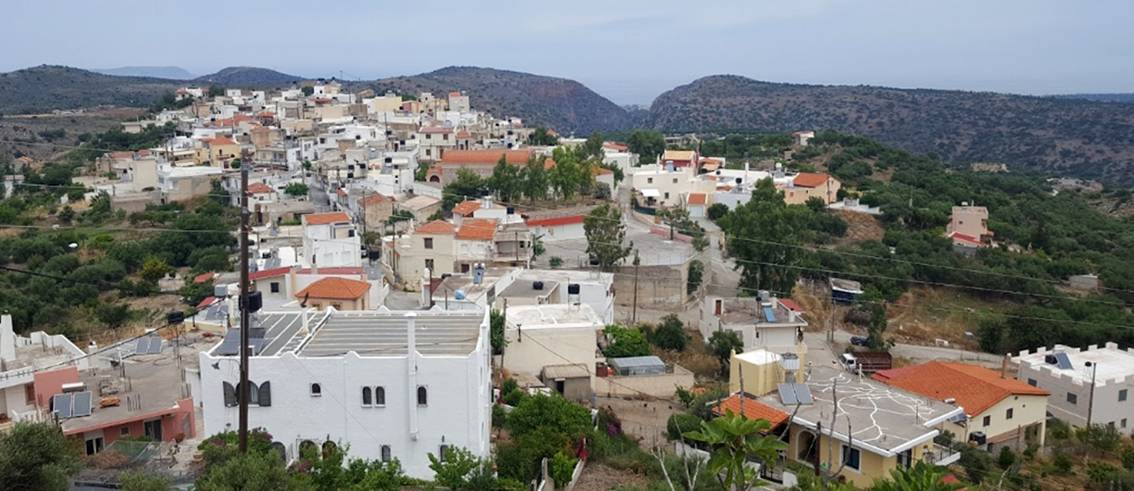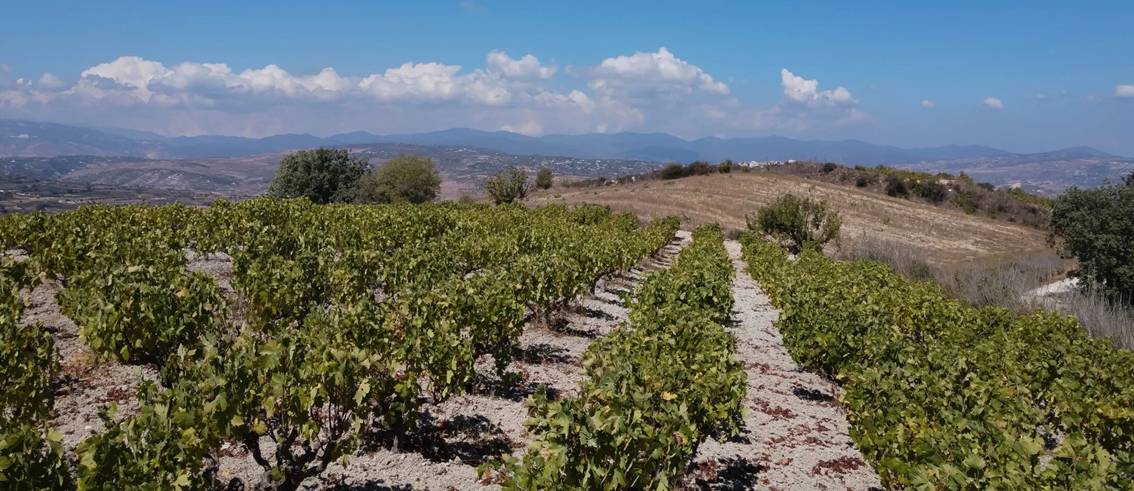Agios Mamas Commandaria Village
Agios Mamas village is a picturesque village located in the heart of Cyprus’s Commandaria wine region. Nestled in the foothills of the Troodos Mountains, this charming village is one of the 12 villages that produce Commandaria, the world’s oldest named wine. With its cobblestone streets, traditional stone-built houses, and rich cultural heritage, Agios Mamas village offers visitors a glimpse into Cyprus’s timeless traditions.
Historical Background
Agios Mamas village has a history that dates back to the Byzantine period. The village takes its name from Saint Mamas, a Christian saint from Cappadocia who is widely venerated in Cyprus. According to legend, Saint Mamas refused to pay taxes, claiming he had nothing to offer as a poor man. When soldiers tried to arrest him, a lion appeared and attacked them. However, Saint Mamas tamed the lion and rode it back to the village, earning his freedom from taxation. The village church, dedicated to Saint Mamas, stands as a testament to this legend and remains a key landmark in the area.
Commandaria Wine
Agios Mamas village lies at the heart of the Commandaria wine region, which has produced this unique sweet wine for over 4,000 years. Winemakers use sun-dried grapes from the indigenous Xynisteri (white) and Mavro (red) varieties. They harvest the grapes late in the season to ensure full ripeness and high sugar content. After sun-drying the grapes to concentrate their sugars, they crush and ferment them. The wine then ages in oak barrels, sometimes for decades, developing its rich, complex flavours.
Commandaria wine is more than just a product; it

symbolizes Cyprus’s cultural and historical identity. The production process has a designation of origin, meaning only wine from this specific region can bear the name Commandaria. Agios Mamas village, along with other villages in the region, plays a crucial role in preserving this ancient tradition.
Cultural Significance
Agios Mamas village is not only famous for its wine but also for its vibrant cultural life. The village celebrates the annual feast of Saint Mamas on September 2nd, a significant event that brings together locals and visitors. The festival features religious ceremonies, traditional music, dance, and wine tasting, showcasing the community’s deep connection to its heritage.
The village also preserves traditional crafts like pottery and weaving. Visitors can explore local workshops and learn about these ancient skills, passed down through generations. The architecture of Agios Mamas reflects its rich history, with traditional Cypriot designs such as thick stone walls, red-tiled roofs, and wooden balconies.
Tourism and Hospitality
Agios Mamas has become a popular destination for travellers seeking authentic Cypriot culture and the beauty of the Commandaria region. The village offers a range of accommodations, from traditional guesthouses to modern amenities, catering to different types of visitors. Local taverns serve traditional Cypriot cuisine, often paired with the village’s famous Commandaria wine, giving visitors a taste of local flavours.
Hiking and nature enthusiasts can explore the surrounding countryside, filled with vineyards, olive groves, and almond trees. The area’s natural beauty, combined with its historical and cultural significance, makes Agios Mamas an ideal destination for those looking to immerse themselves in Cyprus’s traditions.
Conclusion
Agios Mamas is a village where history, culture, and tradition come together. It offers visitors a unique opportunity to experience Cyprus’s heritage, from its ancient winemaking practices to its vibrant local festivals. Whether you’re a wine enthusiast, a history buff, or a nature lover, Agios Mamas promises an unforgettable experience.




